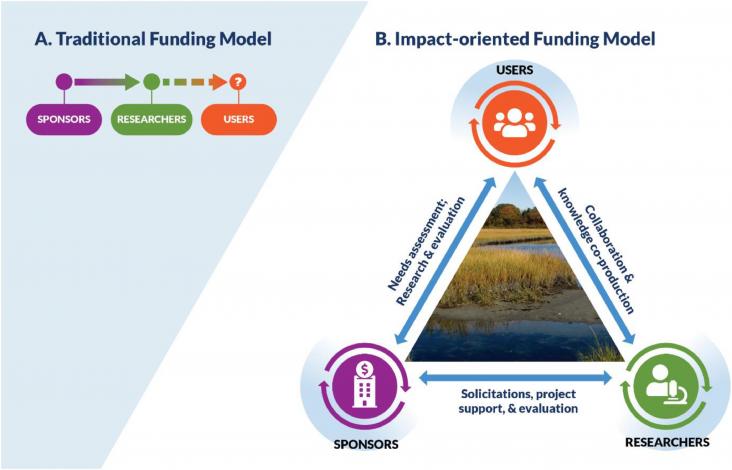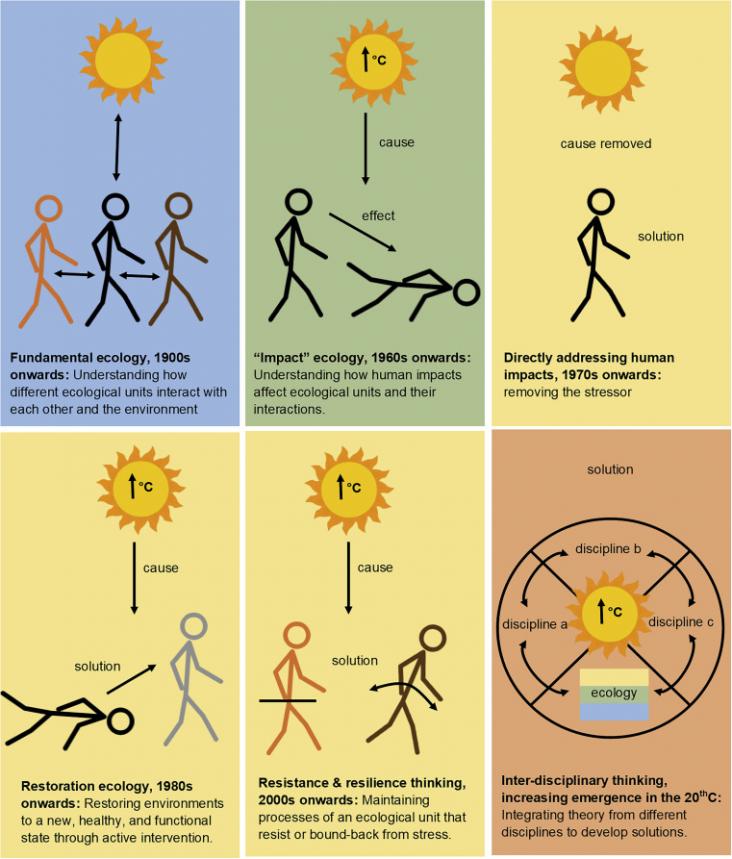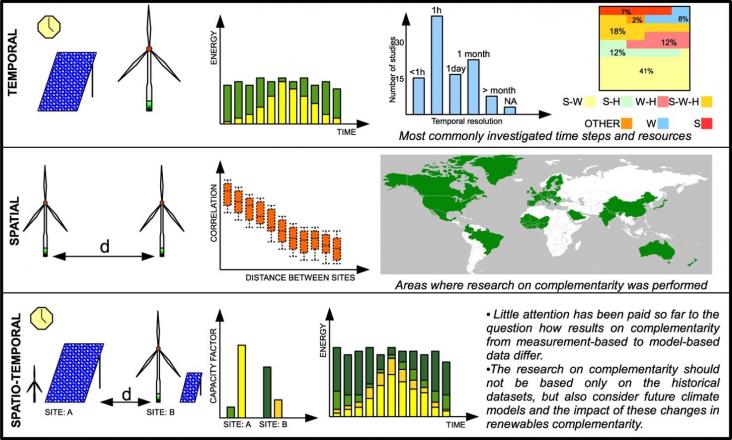The unprecedented global heatwave of 2014–2017 was a defining event for many ecosystems.

There is widespread belief that meaningful interaction between scientists and practitioners, or co-production, increases use of scientific knowledge about sustainability and environmental change.

Is ecology, as a science, doing enough to address big environmental problems? Here, a review of the top 40 ecology journals suggests not.

Global and regional trends indicate that energy demand will soon be covered by a widespread deployment of renewable energy sources.
Circular economy strategies seek to reduce the total resources extracted from the environment and reduce the wastes that human activities generate in pursuit of human wellbeing.
The UN 17 Sustainable Development Goals (SDGs) and the 169 targets have been considered in multidisciplinary approaches worldwide.
This book chapter addresses goals 7, 9, and 13 by reviewing the prospects and constraints for bioenergy development in Africa to ensure sustainable bioenergy production in the future.
Elsevier,
Emerging and Reemerging Viral Pathogens, Volume 1: Fundamental and Basic Virology Aspects of Human, Animal and Plant Pathogens, 2020, Pages 127-149
This book chapter addresses goals 3, 13 and 15 by discussing the coronavirus family (Coronaviridae) as a species specificity and interspecies transmission.
The International Association of Fire Safety Science (IAFSS) is comprised of members from some 40 countries.
Detailed information on research and development (R&D) spending of the private sector is very limited, particularly when the interest is on small and medium enterprises or focuses on companies act
